Subramanian Swamy, a former Union Cabinet Minister, a Harvard-educated economist and Professor, holds that corruption impacts resources; the use of bribe money distorts investment priorities; unaccounted bribe money cause inflation via hoarding and property bubbles; corrupt persons in public office enact laws to safeguard the booty by lax criminal investigations and prosecutions; and corruption enables beneficiaries to involved foreign hostile governments to launder money and provide protection to offenders thereby compromise national security.
Hence, Dr. Swamy argues that as a country becomes industrialized, its governance and corruption challengers morph and becomes more sophisticated: it becomes a complex phenomenon. In this context, Dr. Swamy has explained the ramifications of the monumental 2G Spectrum Scam.
Subramanian Swamy is today nationally known and widely respected for his ideological nationally known and widely respected for his ideological conviction, for his commitment to furthering democracy and market economy in the country, for his scholarly credentials, and a blemish-free political career. He has been elected to Parliament for five terms and been elected to Parliament for five terms and been a Cabinet Minister twice.
Since 2001, Dr. Swamy has been teaching, every summer, Economics courses at Harvard University from which world-famous University he had received his Ph.D. In Economics after collaborating in research with two Nobel Laureates, Prof. Simon Kuznets and Prof. Paul A. Samuelson. Dr. Swamy was thereafter inducted into the Economics Faculty of Harvard where the taught for 10 years, before returning to India to become Professor of Economics, Indian Institute Technology, Delhi.
Dr. Swamy has been amongst the earliest to advocate economic liberalisation and competitive market economy for India. As Union Commerce Minister in 1990-91, he prepared the blueprints for economic reforms, adopted by the successor Narasimha Rao Government, in which Dr. Swamy held a Minister-rank position.
ABOUT THE AUTHOR Subramanian Swamy
Dr. Subramanian Swamy is nationally known and widely respected for his ideological conviction, his commitment to furthering democracy and market economy in the country, his scholarly credentials, and a blemish-free political career. He has been elected to the Parliament for five terms and has been a cabinet Minister twice. Dr. Swamy has a Masters degree in Statistics from the Indian Statistical Institute, Calcutta, and a Bachelor Honours degree in Mathematics from the University of Delhi. In 1964, he earned a doctorate in Economics from Harvard, after having worked with Nobel Laureate Simon Kuznets. He has jointly authored papers with another Nobel Laureate Paul A. Samuelson on the Theory of Index Numbers, Dr. Swamy taught Economics at Harvard over a number of years (1963-9, 1971, 1973, 1985-6). From 1969-91, for twenty-two years, he was Professor of Economics at the Indian Institute of Technology, new Delhi, till he resigned the post in 1991, when he become India's Cabinet Minister for Commerce, Law and Justice. His high educational achievements distinguishes Dr. Swamy from other political leaders in India. Since 2001, Dr. Swamy has been teaching Economic every summer at Harvard University. Dr. Swamy is proficient in Tamil, Hindi, English, and flows Chinese. As Commerce Minister (1990-1) he prepared the blueprints for economic reforms that were implemented by the Narasimha Rao government (1991-6). The current Prime Minister Dr. Manmohan Singh recently stated that Dr. Swamy was the first to envisage and articulate the need for reforms in India. In1976, during the proclaimed state of Emergency when Fundamental Rights were suspended by Prime Minister Indira Gandhi, Dr. Swamy shot into a national prominence for his daring escapade and challenge to the denial of democracy. Despite being 'Most Wanted' by the police, he escaped abroad to reorganize the overseas Indian against the authoritarian rule in India and assist the underground movement at home. In August 1976, he re-entered India undetected despite an arrest warrant, made a dramatic appearance in the Parliament, raised a 'point of order', signed the attendance register, and then escaped abroad again. This bravery and demonstration that the security of the authoritarian system could be breached at will, is believed to be partly responsible for the subsequent announcement of elections in 1977 and the withdrawal of Emergency by a demoralized Mrs. Gandhi. The reorientation of India's foreign policy towards China from hostility to normalized relations is widely ascribed in both countries to Dr. Swamy's untiring efforts in this direction. In 1982, Dr. Swamy became the first Indian political leader such as Yitzhak Rabin and the then Prime Minister, Menachim Begin. His efforts at normalizing relations with Israel bore fruit with India's decision in 1992 to open its Embassies in Tel Aviv. During his tenure a Minister, India negotiate and signed the first trade agreement with China, Afghanistan, and Poland. Dr. Swamy also simplified India's trade procedures and formulated a new export strategy which became the forerunner of trade reform adopted subsequenlty. In 1994, Dr. Swamy was appointed as Chairman, commission on Labour Standards and International Trade with a Cabinet Minister's rank by Prime Minister P.V. Narasimha Rao. This was the first time in India that an active opposition party member was given a Cabinet rank post by the ruling party. As Chairman, CLSIT he produced four voluminous reports on Labour laws reforms. He also complied an omnibus new Labour Law to replace the existing piecemeal and contradictory legislation. Government accepted the Commission's Reports but have yet to implement the recommendation.

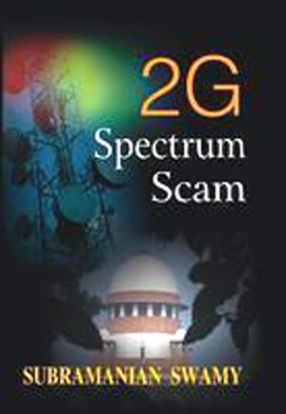
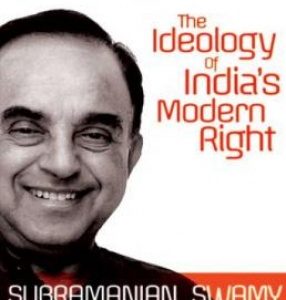
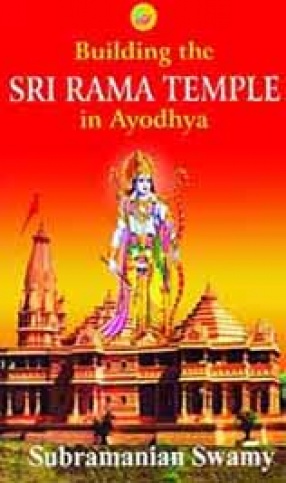
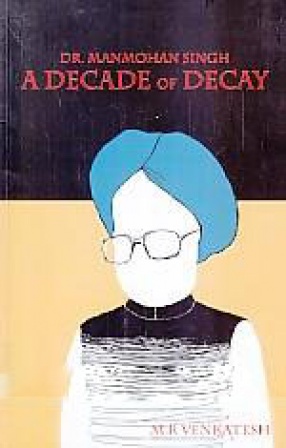

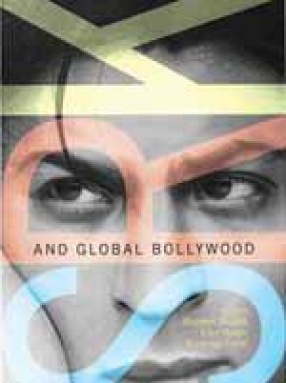
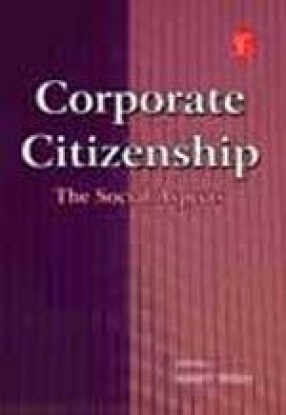
There are no reviews yet.